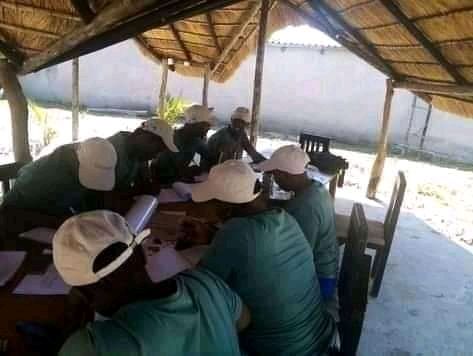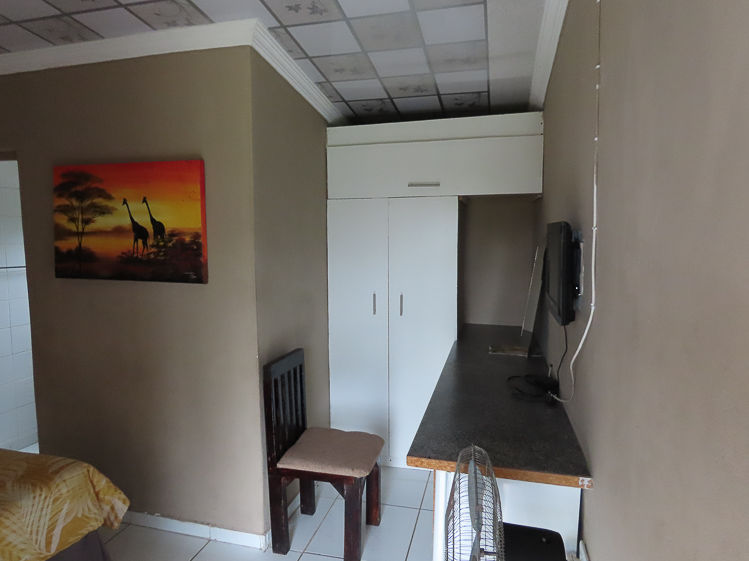Zulu Bird Centre Training
The project aims to deliver large scale environmental training and mentorship in nature/culture tourist guiding as well as conducting environmental education field trips for students and traditional leadership in the area.
A total of 60 guides have already been trained in the Elephant Coast area. With at least 15% of jobs having been secured. This includes local women and youth selected for an accredited Nature/Culture guiding Practice NQF Level 2 & 4 course. This is a 10-week long course which includes (30% theory and 70% practical training) at 5 neighboring nature reserves around iSimangaliso Wetland Park (St. Lucia, False Bay, Mkuze, Muzi Pans & Tembe Elephant Park/ Ndumo. Learners, if funded, can either be selected from their own local respective municipalities or fund their own training. This will achieve multiple functions with major focus being on Customer care, Culture/Nature guiding, health & Safety as well as basic computer literacy. After the theoretical training they receive collective mentorship and guidance from nearby game lodges and reserves. This will benefit the guides in their own areas of operations thus multiplying the beneficiaries of the project significantly. The actual theoretical training is held in ZuluBirding Camp based up in Tembe Elephant Park as shown in the map. Here, students are catered for and will be taken out on different birdlife/cultural/wildlife excursions as preparation for their assessments.
In this 10 (ten) week skills programme, a facilitator will train the guides for a month of theoretical education under the CATTHSETA accreditation and also provide six weeks of practical training in different neighboring reserves. The coordinator will facilitate communications and report to Zulubirding and other relevant stakeholders. Zulubirding will facilitate the relationship with the local communities and tourism stakeholders e.g., tour operators and conservation parks. We also do this to help our locals reap the benefits of their natural resources by playing a meaningful role in conservation and ecotourism activities, thus ensuring long-term tourism benefits and sustainability thereof.
At the end of the 10 weeks training candidates can be referred to relevant tour operators for job placement (always not guaranteed) where they can now proceed to implement all that they have learned from the workplace.











